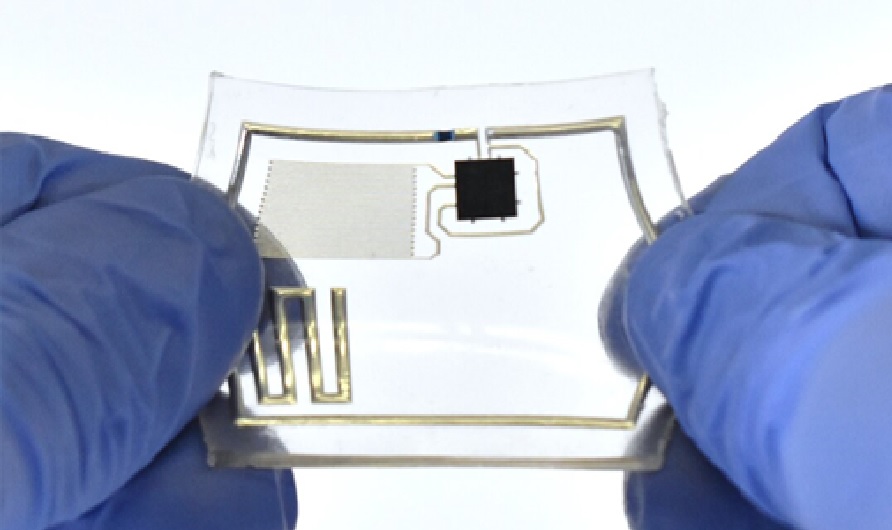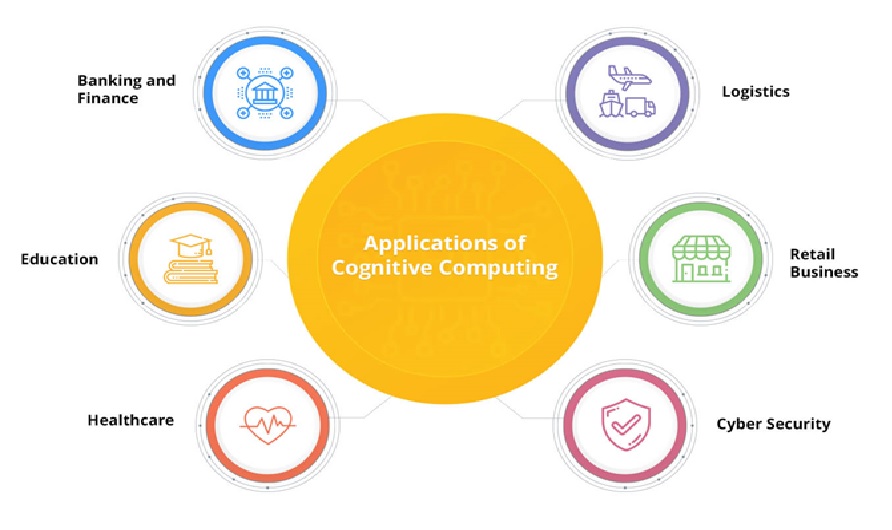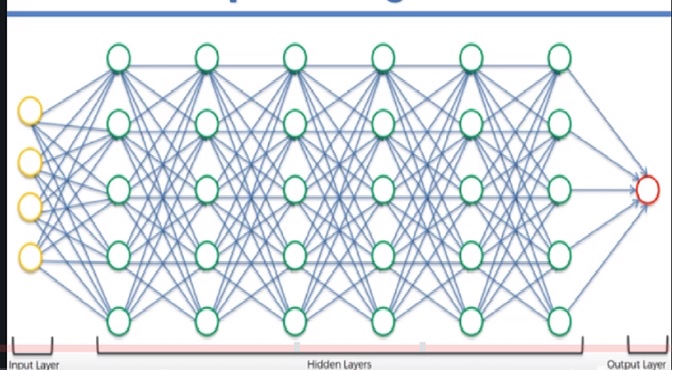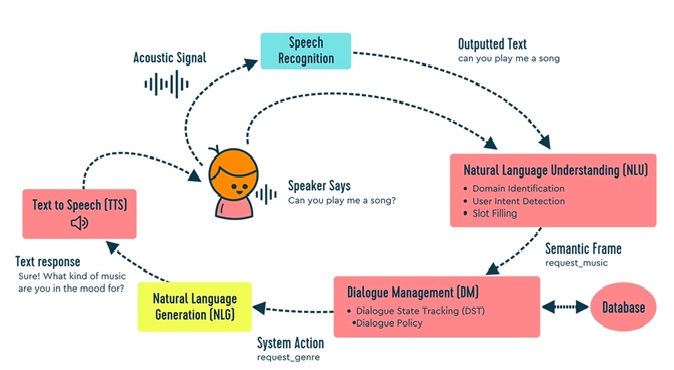Artificial Intelligence can Accurately Predict Human Response to New Drug Compounds
Researchers at the CUNY Graduate Center have created an artificial intelligence model, Context-aware Decon founding Autoencoder (CODE-AE), that can screen drug compounds to accurately predict efficacy in humans. In tests, the model was able to theoretically identify personalized drugs that could better treat more than 9,000 cancer patients. The researchers expect the technique will improving the accuracy and reduce the time and cost of drug discovery and development, and accelerate precision medicine. [1]
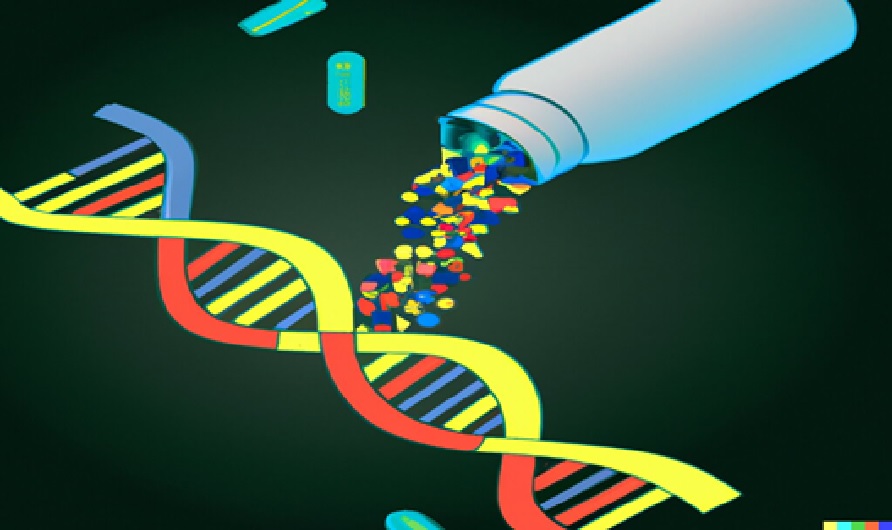
Figure 1. Artificial Intelligence can Accurately Predict Human Response to New Drug Compounds
Figure 1 shows the journey of developing a new drug from a potential therapeutic compound to introducing it to the market is a very time-consuming and complex process. Since it’s unethical to do testing of new drug compounds directly on human beings, researchers use cell or tissue models as a surrogate of the human body. But, the drug effect on models does not correlate with the drug efficacy and toxicity in human patients. This results in the high costs and low productivity rates of drug discovery. Therefore, a team of researchers at the City University of New York (CUNY) Graduate Center has invented a unique artificial intelligence model that could notably enhance the accuracy of drug efficacy on human beings and decrease the time and cost of the drug development process. [2]
The new model can provide a workaround to the problem of having sufficient patient data to train a generalized machine learning model, said You Wu, a CUNY Graduate Center Ph.D. student and co-author of the paper. "Although many methods have been developed to utilize cell-line screens for predicting clinical responses, their performances are unreliable due to data incongruity and discrepancies," Wu said. "CODE-AE can extract intrinsic biological signals masked by noise and confounding factors and effectively alleviated the data-discrepancy problem." [3]
As a result, CODE-AE significantly improves accuracy and robustness over state-of-the-art methods in predicting patient-specific drug responses purely from cell-line compound screens.
The research team’s next challenge in advancing the technology’s use in drug discovery is developing a way for CODE-AE to reliably predict the effect of a new drug’s concentration and metabolization in human bodies. The researchers also noted that the AI model could potentially be tweaked to accurately predict the human side effects of drugs. [4
References:
- https://www.genengnews.com/artificial-intelligence/ai-model-accurately-predicts-patient-response-to-drug-compounds/
- https://www.electronicsforu.com/news/whats-new/this-ai-model-could-revolutionise-drug-discovery
- https://www.sciencedaily.com/releases/2022/10/221017142448.htm
- https://scitechdaily.com/artificial-intelligence-can-accurately-predict-human-response-to-new-drug-compounds/
Cite this article:
Thanusri swetha J, Artificial Intelligence can Accurately Predict Human Response to New Drug Compounds, AnaTechMaz, pp.183



